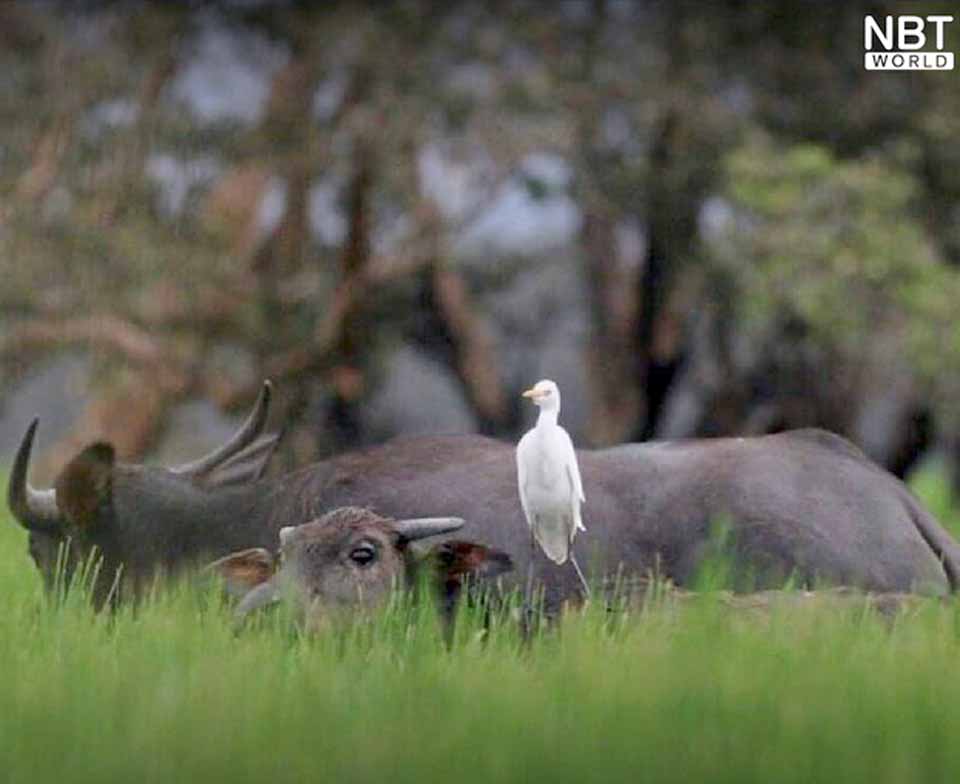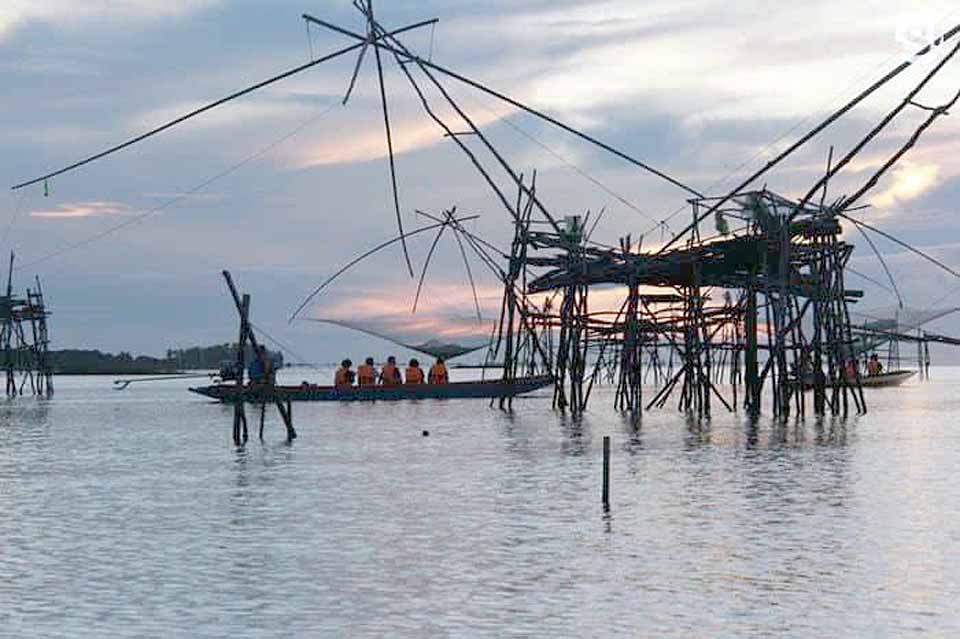
The Ministry of Agriculture and Cooperatives has proposed that Thale Noi Wetland Buffalo Pastoral Agro-Eco-System in Phatthalung Province be registered as Globally Important Agricultural Heritage System (GIAHS).
Agriculture and Cooperatives Permanent Secretary Thongplew Kongjun revealed that the ministry submitted the proposal to the Food and Agriculture Organization (FAO) because the area has such a high level of biological diversity that it was designated as a Ramsar Site, which describes a wetland of international importance under the Ramsar Convention.
The location also meets the FAO’s definition of a GIAHS, which is a living, evolving system of human communities in a complex relationship with their territory, cultural or agricultural landscape, and biophysical and wider social environment. ThaleNoi has been a key location for the local community with strong ties to local water buffaloes and has a tradition of raising water buffaloes that spans 250 years.
Thongplew said Thale Noi in Phattalung Province fits the FAO’s requirements for registration as an agricultural heritage site under all five criteria. The requirements are 1) food and livelihood security 2) agro-biodiversity 3) local and traditional knowledge systems 4) cultures, value systems and social organizations, and 5) landscape and seascape features. He emphasized that ThaleNoi’s designation as a GIAHS will benefit local communities and farmers in a variety of ways, including in areas of tourism, agricultural opportunities, employment and environmental protection
62 areas from 22 nations worldwide have so far been designated as GIAHS locations.(NNT)

 |
 |
 |





